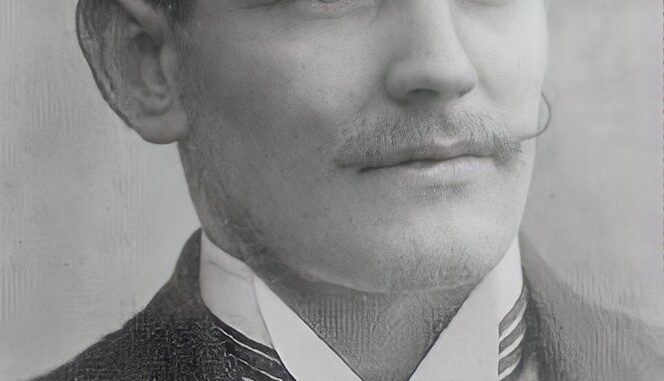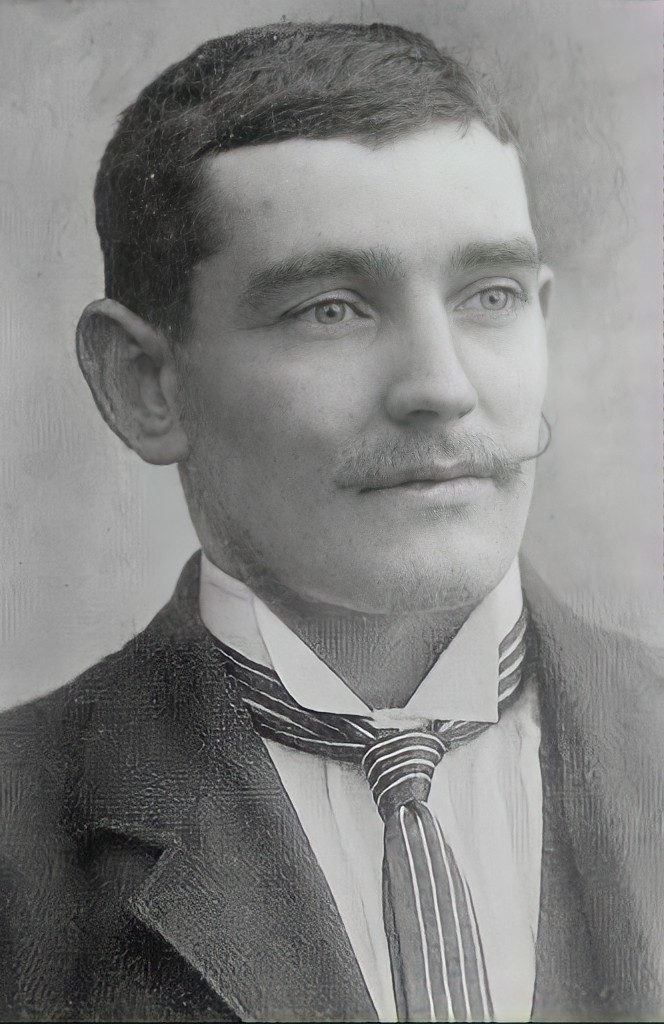
The Celtic Great, who was Leicester City’s manager and almost won the league,
Once more, we delve into The Celtic Star archives to present an intriguing Celtic tale from the esteemed David Potter, the late Celtic Historian.

One of the greatest Celtic teams of all time began with Adams, McNair, and Orr. Willie Orr was their captain and leader, but oddly enough, he doesn’t get as much attention as other players on the club.

manager, and it’s fair to say that he would have been a fantastic assistant manager and Willie Maley’s ultimate successor. He was a bright, perceptive, diligent worker who was fully dedicated to the mission. However, because he played left back—a very unremarkable position on the field—the hagiographers have mostly overlooked him, notwithstanding the opinions of guys like Dan Doyle and Tommy Gemmell.
Born in 1873, he had previously played for Airdrie. In 1897, he joined Preston North End as one of the first group of Maley signings, joining in the summer.
e was mainly a left half in those days, but he played an honourable part in Celtic’s winning back of the League in 1898, sometimes at left half and sometimes at right half without in any way seeming out of place alongside mighty men like Sandy McMahon and Dan Doyle.
He had less success in the 1898–1899 season and, for whatever reason, was not present at the Scottish Cup final. However, he played a brilliant part in the Scottish Cup victory in 1900, winning his first Scottish Cup medal thanks to his ability to play against the wind. He did this by holding the ball and, if necessary, passing it along the ground a short distance.
After that, he received three Scotland caps, but none against England.
Not the least of Maley’s wise choices in 1904 was to name Orr captain while still having him play left back, enabling the formidable half back line of Young,
In the first place it was part of the first ever Scottish League and Cup double, for which Orr deserves as much credit as anyone, and although no-one knew it at the time, his conversion of the penalty kick in the Scottish Cup final changed the course of Scottish football history in that it propelled Celtic to a great victory and sustained success, and in so doing, condemned Hearts to 50 years of mediocrity with a long lasting and permanent inferiority complex about Celtic which is sadly so obvious to this day.
The 1907 Scottish Cup final was also virtually the end of Orr’s sparkling Celtic career, for he was soon replaced by the younger and faster Jamie Weir, some 14 years his junior! Orr was now 34, accepted matters with a good grace, retired and disappeared from football for a while.
He became involved with Airdrie, one of his previous clubs, and we next see him after the war as Manager of Airdrie. He was phenomenally successful with players like Hughie Gallacher and Bob McPhail, and in 1924 Airdrie won the Scottish Cup, the only major trophy they have ever won!
Orr might have taken Airdrie further, but this was the 1920s, and his good players were all sold off elsewhere, and he himself moved on to try his luck as Manager of Leicester City. Here again he enjoyed more than a little success and with several Scottish players in his team, not least John “Tokey” Duncan one time of Raith Rovers, he took them to second place in the English League in 1929, losing out narrowly and unluckily to The Wednesday (we know them better as Sheffield Wednesday) by one point.
In the 1930s, he went back to Scotland and had far less success as the manager of Falkirk. On April 4, 1935, he was suspended indefinitely after he allegedly attempted to buy off an opposing player by pretending to be “ill” or “injured” so that the player wouldn’t play against Falkirk.
Orr protested his innocence, and received widespread support from many quarters – Falkirk themselves and Leicester City, but significantly, not Celtic in circumstances where one would have felt that that intervention of Willie Maley might have been significant. Does this tell us anything?
Orr never returned to football, even after his sine die suspension was lifted two years later. He worked as the Manager of W.Alexander’s Bus depot in Crieff for a few years before he retired. He died in Airdrie in February 1946.
He was aged 72, a mighty football man and a great and underestimated Celt.
Leicester City pay their own tribute to former Celt Willie Orr on their official website with this feature from their Club Historian John Hutchinson…SEE HERE.
David Potter
FOR MORE NEWS ON ROYALSPORT24.COM

Leave a Reply